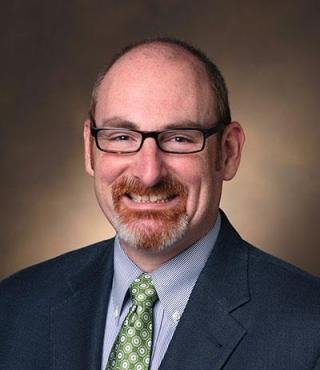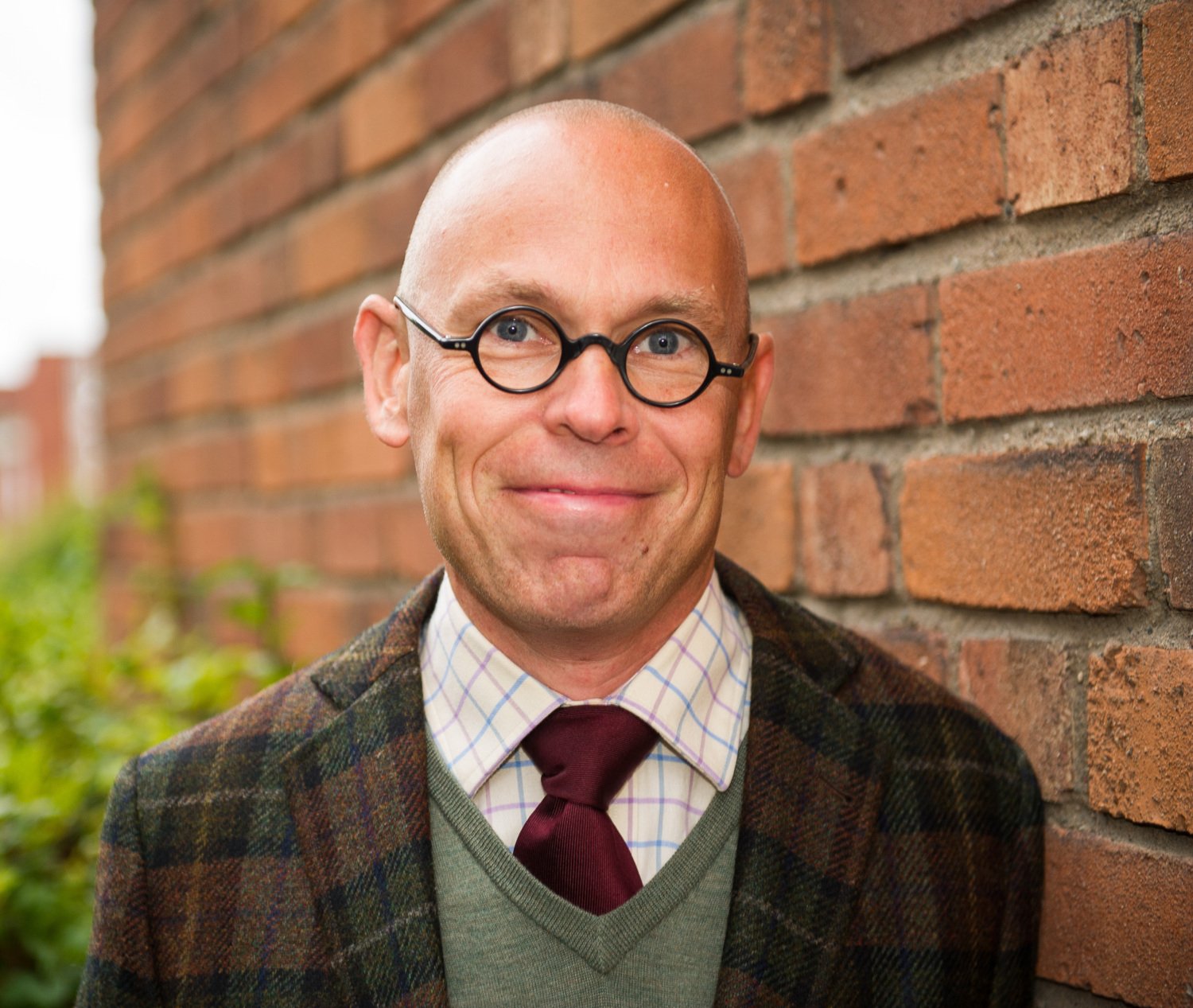MedEd Studio: Master Adaptive Learning - preparing for the future
In this episode of MedEd Studio you will meet professor William B. Cutrer, who introduced a meta-cognitive approach to curriculum design that help us to think even further about preparing our learners for a yet unknown future. Clearly, the Covid-19 pandemic puts all of his work into a very important framing.
Chasing the tail: Preparing learners for an unknown future
"Have you ever seen a dog chasing its tail? I find it rather entertaining to watch and it goes faster and faster until the dog finally gives up, often of pure exhaustion. There you have it. Chasing the tail is exactly what many health profession schools have been doing for years. The tail representing the unknown future and the question is simply how to equip, train and prepare the learners for a world that will change, fast, but it cannot be anticipated what’s needed.
In an interview for the Karolinska Institutet Prize for Research in Medical Education (KIPRIME) Podcast in 2021 professor Henk Schmidt said that in the end of the 1970s, the exponential growth of medical knowledge made it impossible to teach students all they needed to know. The exponential grown of new knowledge, today in 2023 some fifty years later, is enormous in many fields of health professions education. A curriculum based on what is known today, will simply not work. In many medical areas, content taught early in a program will be obsolete perhaps already before graduation! Therefore, already back then, in the end of the 1970s professor Schmidt and his colleagues reached the conclusion that health professions education needed to emphasize life-long learning skills and meta cognition rather than just content as such. They suggested a shift in teaching and learning methods, away from emphasizing content only, to thinking skills, medical reasoning and problem-solving. This would be an antidot to medical knowledge that would become obsolete in just a few years’ time.
How do we make sure that our learners will be prepared to face a professional life spanning sometimes over 40 years ahead in a yet unknown future? This is exactly why meta cognitive, problem solving, critical thinking and medical reasoning skills becomes pivotal.
How can such ideas be transformed into the curriculum? Over the years there have been many trends in curriculum design to find a way to master the dog-chasing-its-tail-problem. Problem-based learning (PBL) is one prominent example, case-based learning (CBL) yet another approach and most currently team-based learning (TBL). These methods (or curriculum approaches as some scholars prefer to label them) emphasize peer-to-peer learning, problem framing, problem solving and meta cognitive thinking skills.
In this episode you will meet professor William B. Cutrer, who introduced a meta-cognitive approach to curriculum design that help us to think even further about preparing our learners for a yet unknown future. Clearly, the Covid-19 pandemic puts all of his work into a very important framing."
- Jonas Nordquist

William Ben Cutrer
Professor William B. Cutrer, is a peadiatric intensive care physician at Monroe Carell Jr. Children’s Hospital in Vanderbilt and Associate Dean of Undergraduate Medical Education at Vanderbilt University School of Medicine. He led the American Medical Association’s (AMA) Accelerating Change in Medical Education initiative Master Adaptive Learner.
Fostering the Development of Master Adaptive Learners: A Conceptual Model to Guide Skill Acquisition in Medical Education.
Cutrer WB, Miller B, Pusic MV, Mejicano G, Mangrulkar RS, Gruppen LD, Hawkins RE, Skochelak SE, Moore DE
Acad Med 2017 Jan;92(1):70-75

Jonas Nordquist
Jonas Nordquist, PhD is a medical educationalist. He is the director for Karolinska Institutet’s Prize for Research in Medical Educations Fellows (KIPRIME Fellows).
His research focuses on leadership and implementation of change in health professions education. He has been deeply involved in research and development of physical learning spaces in Sweden and globally.
